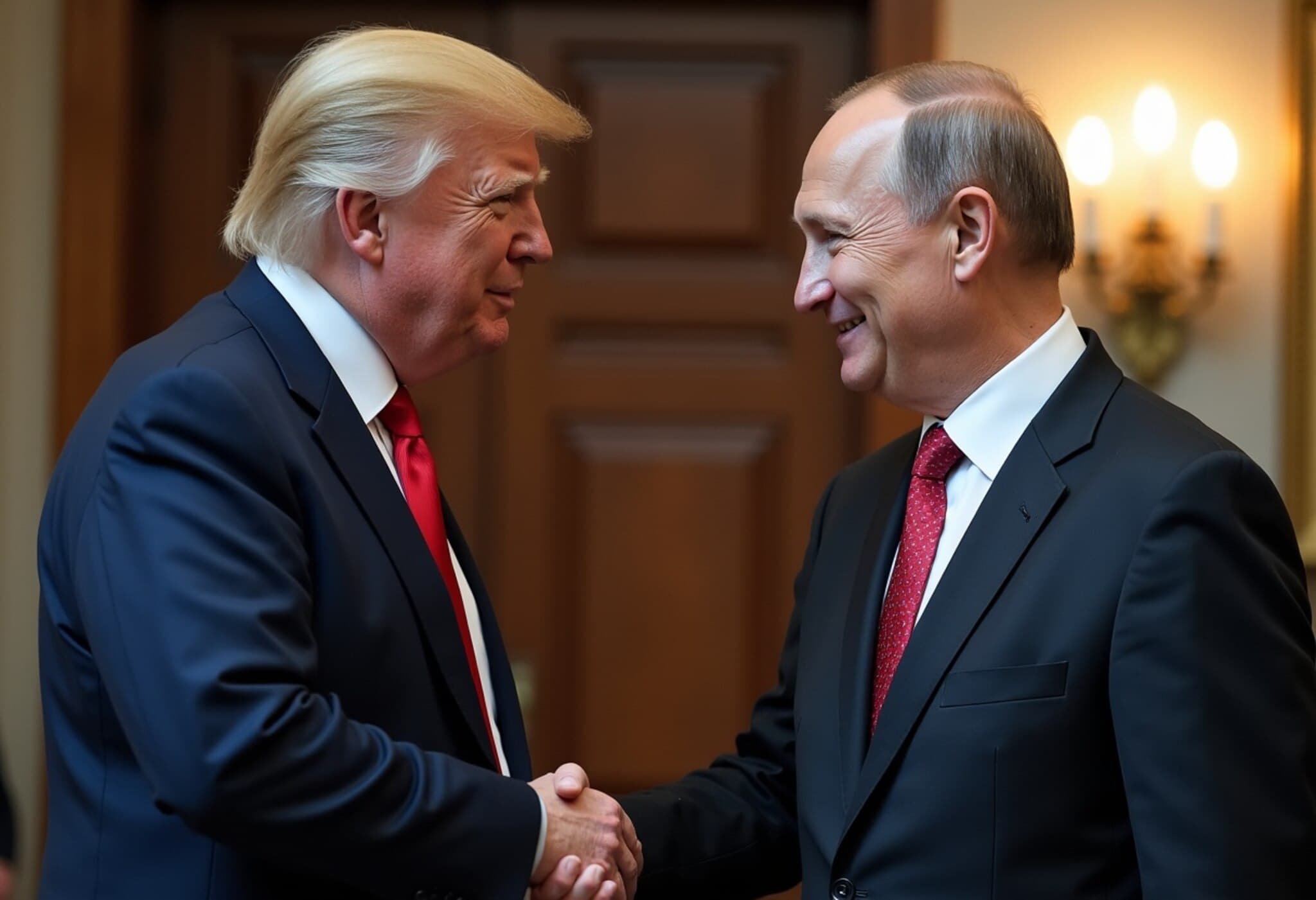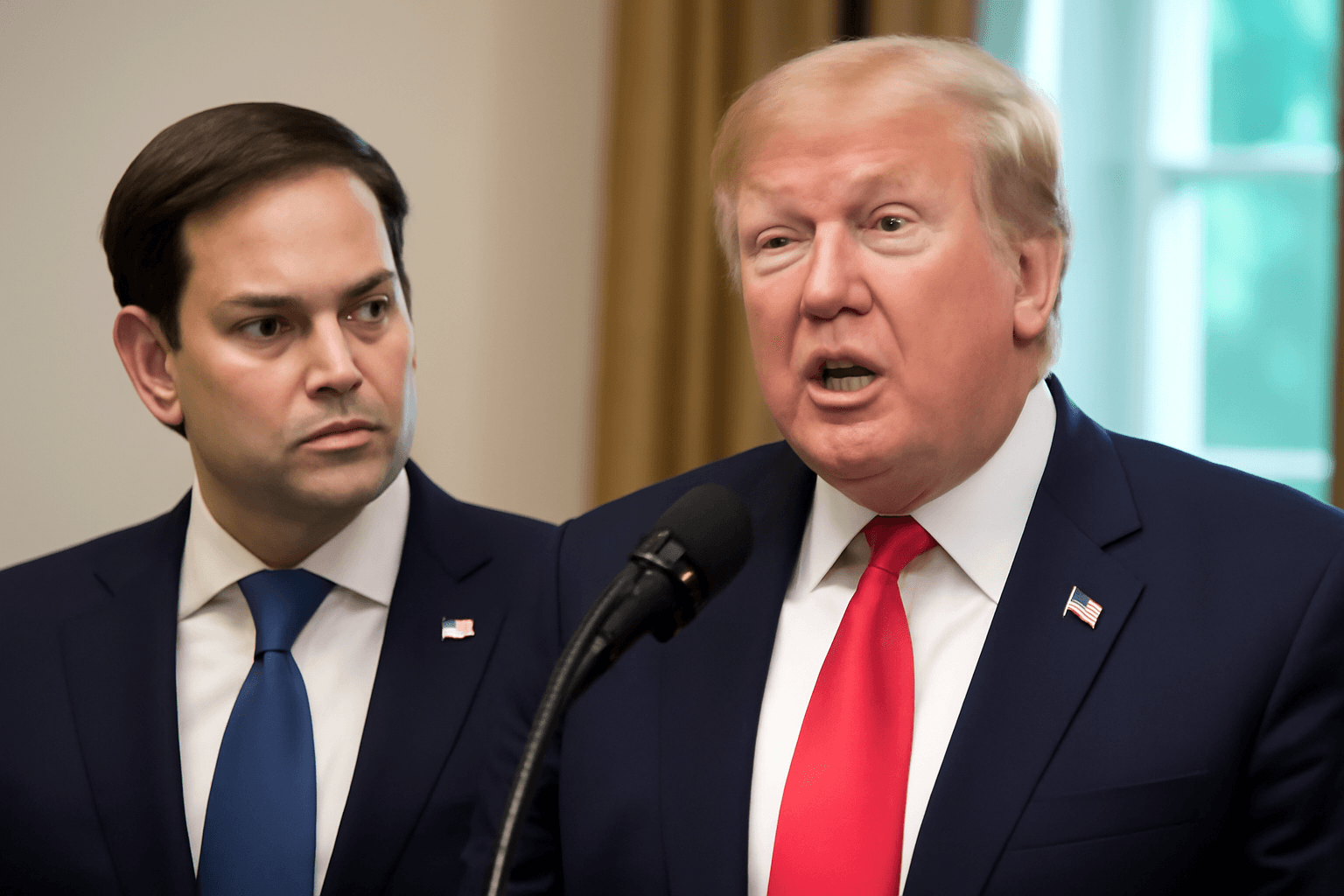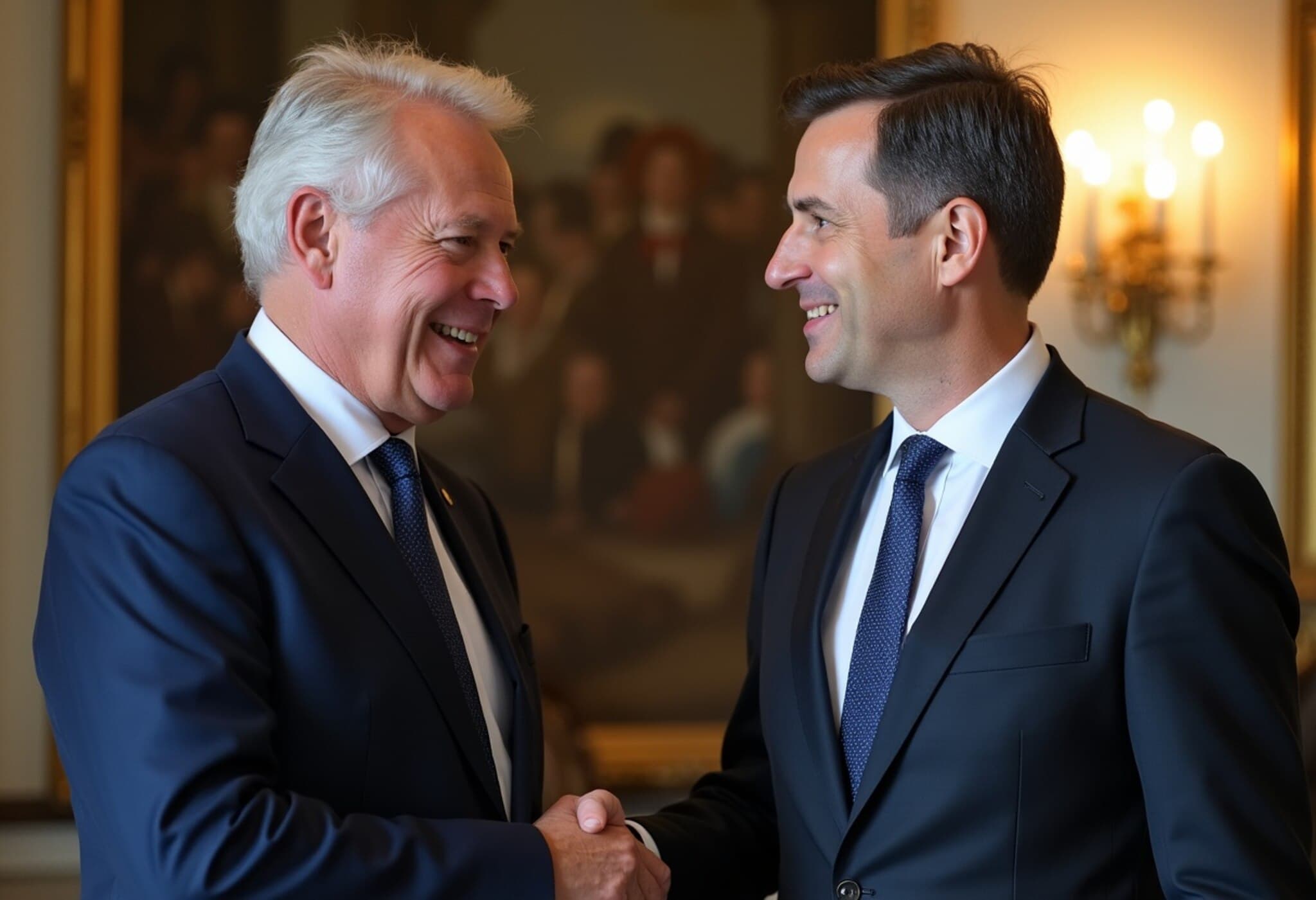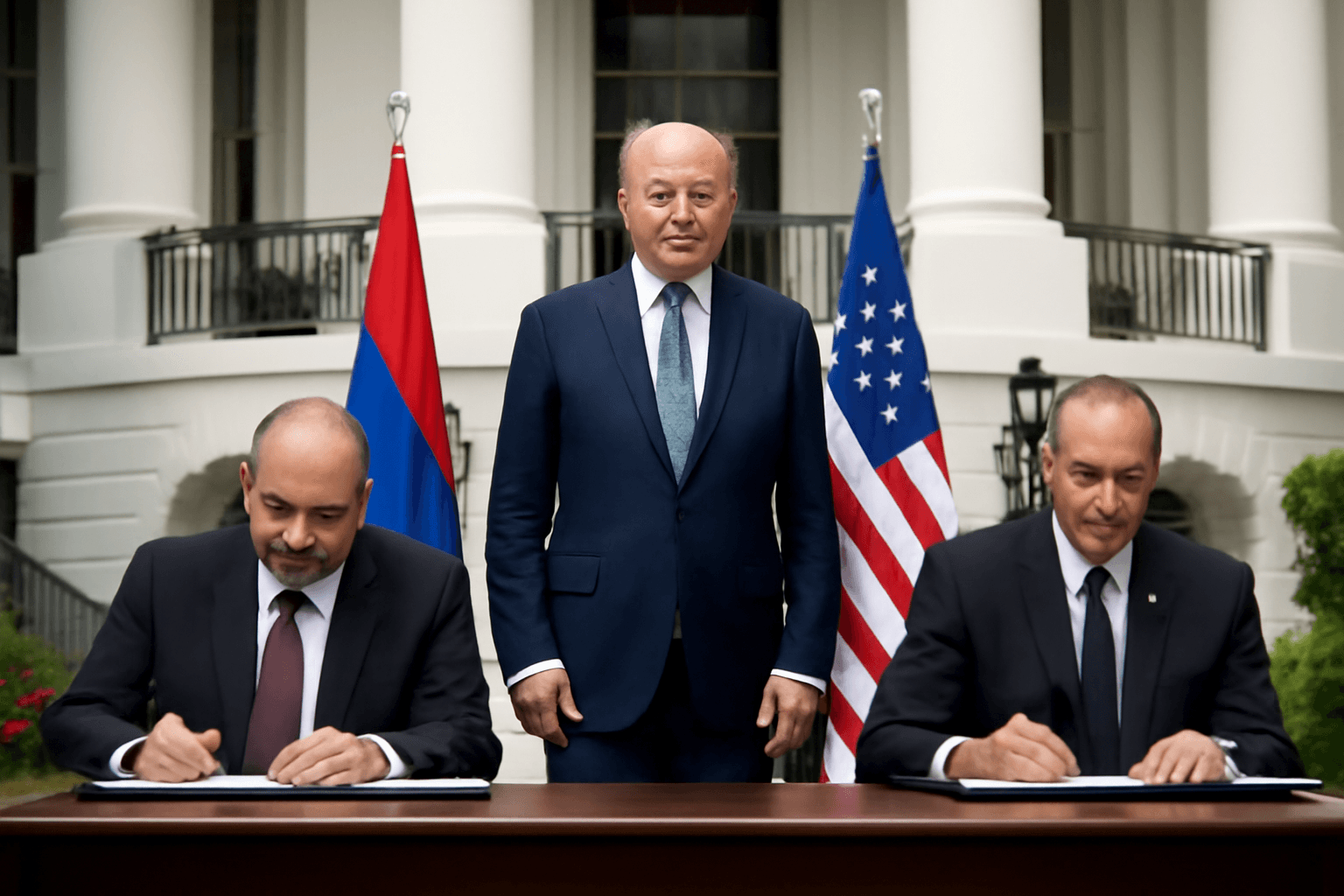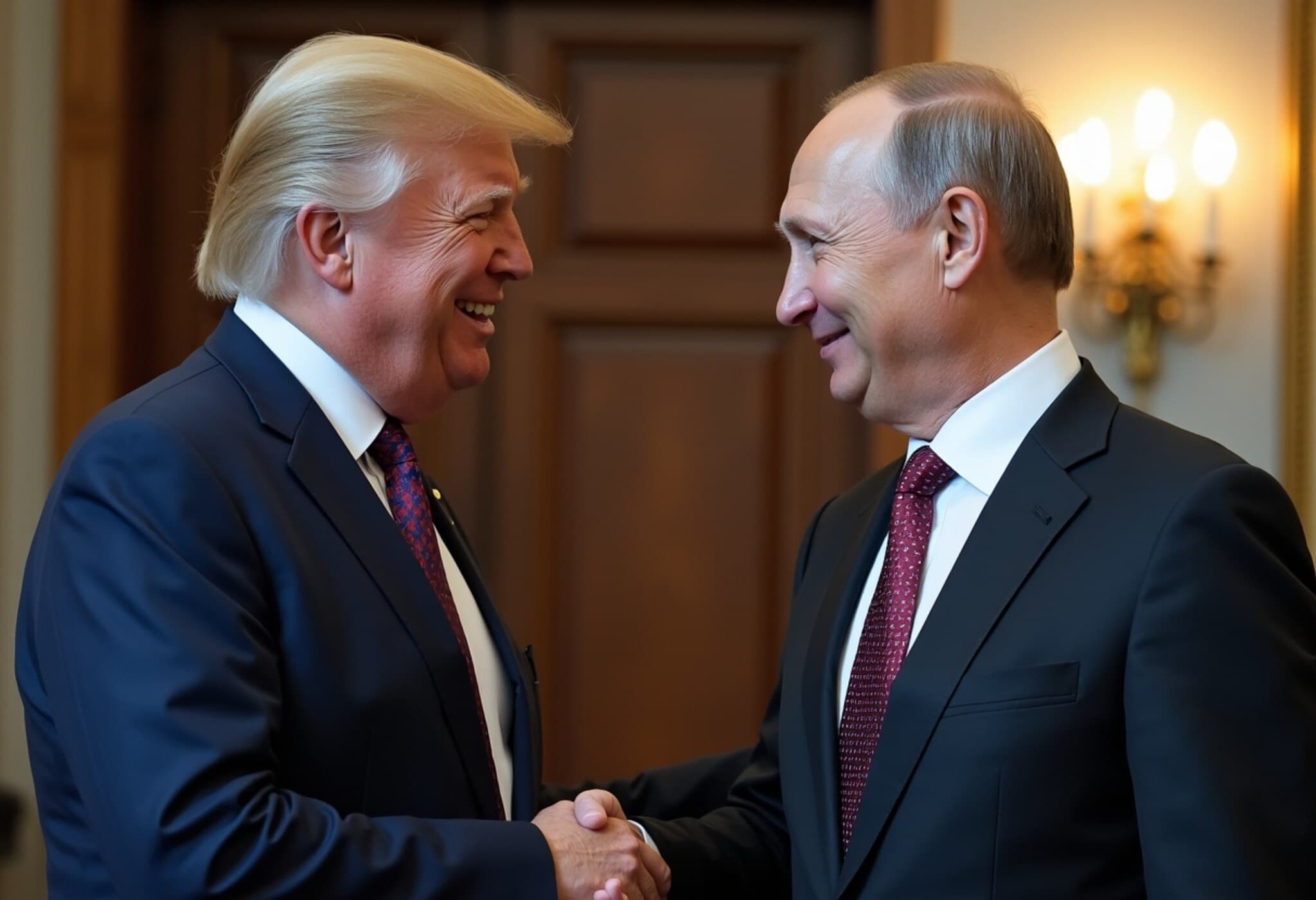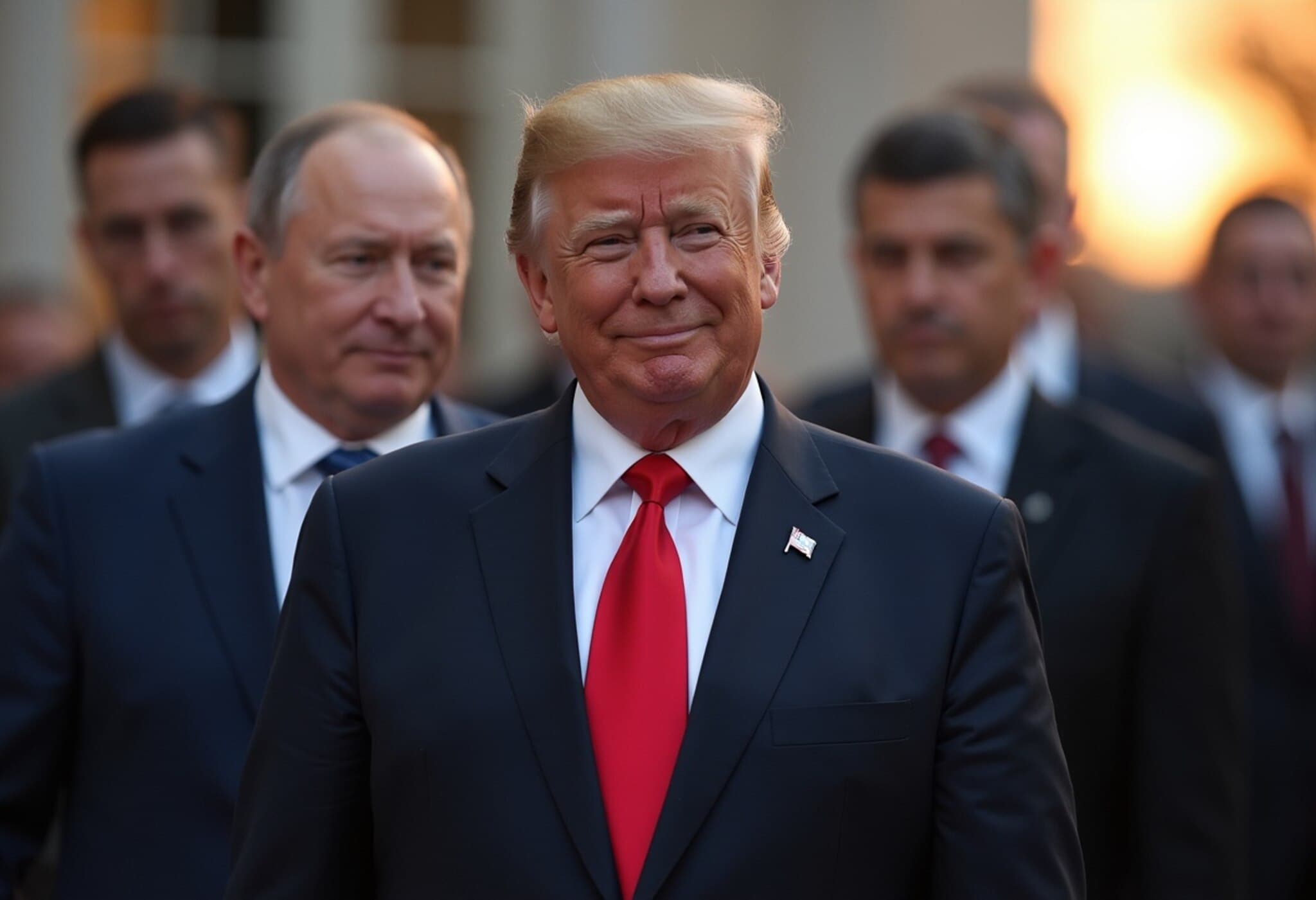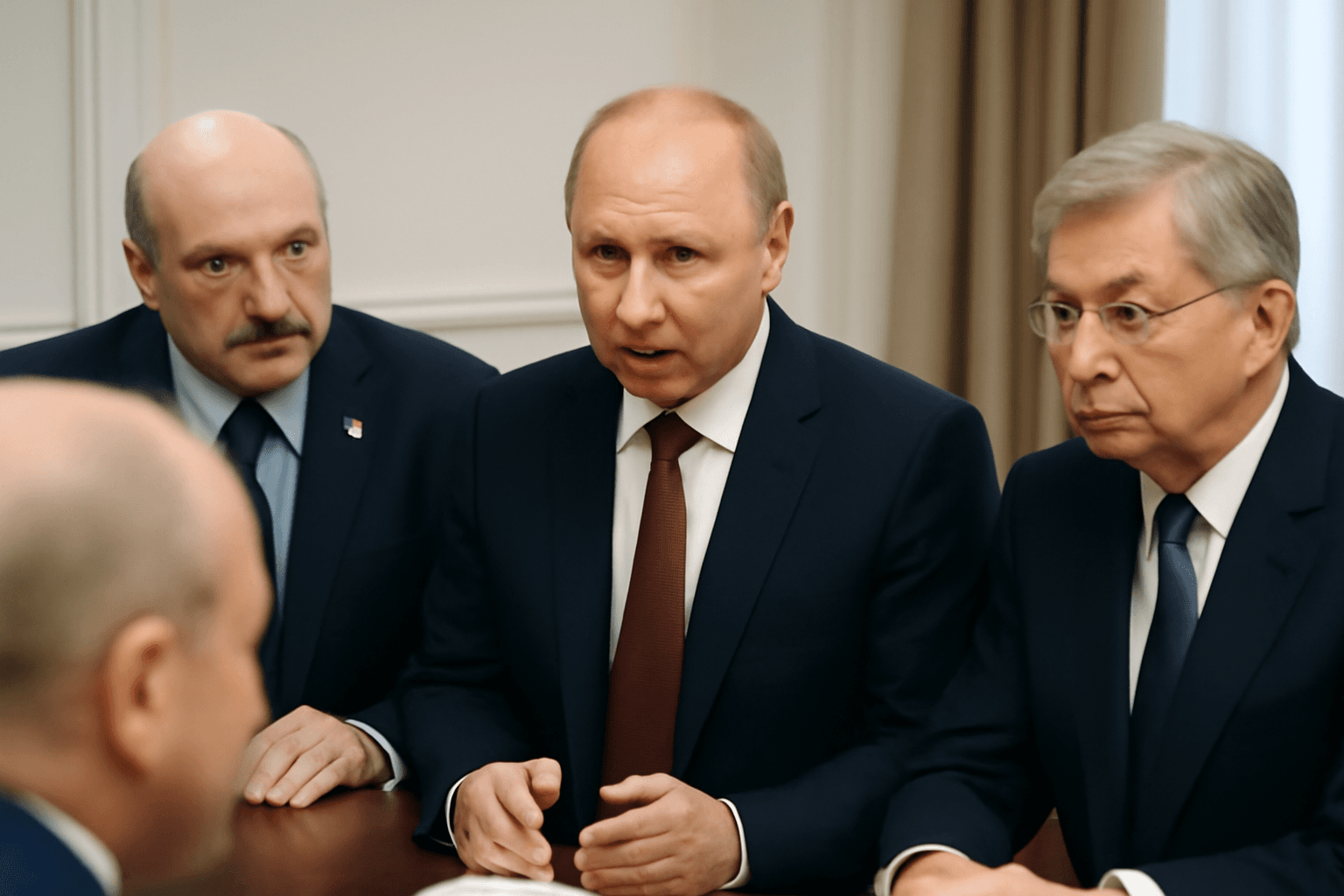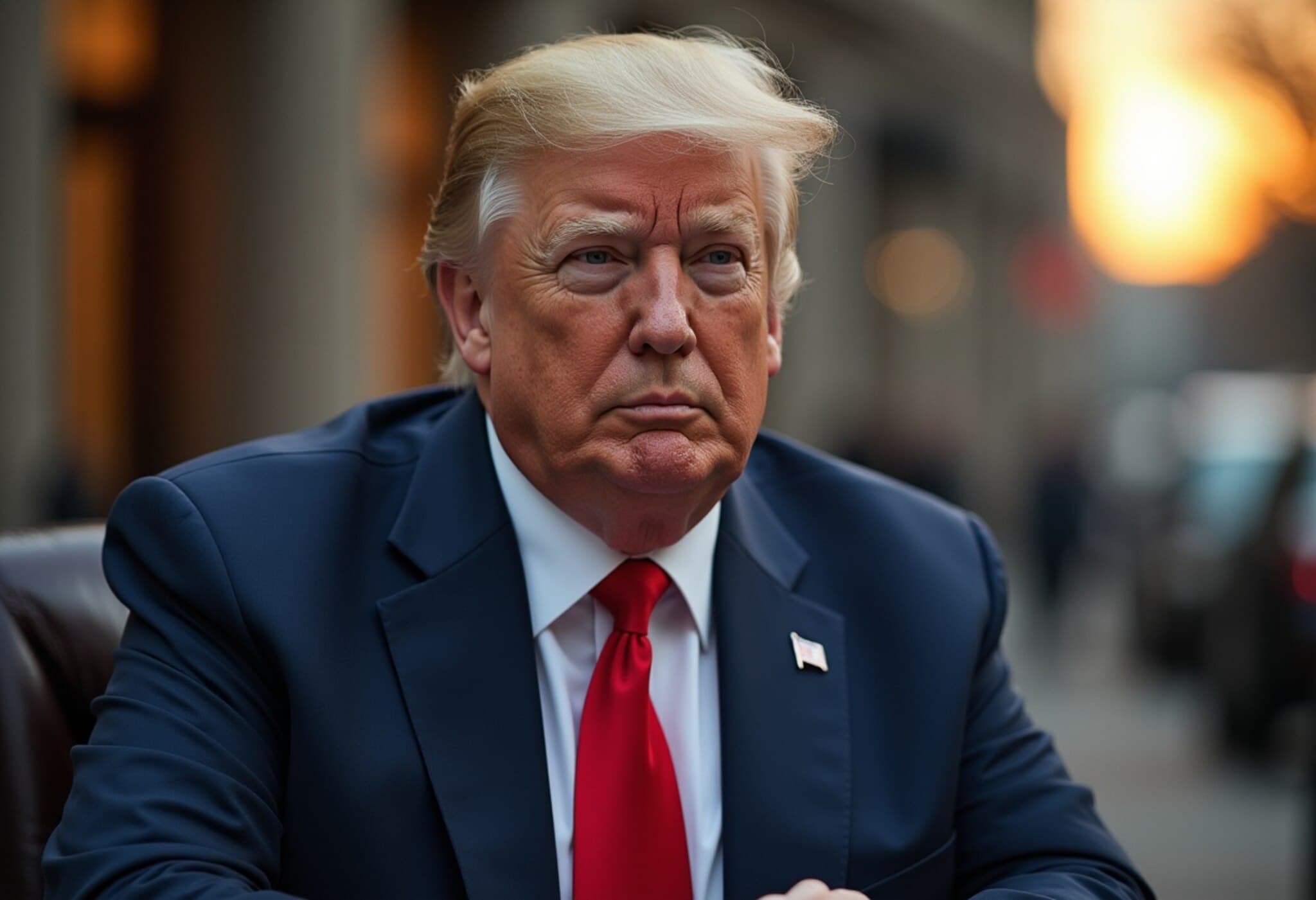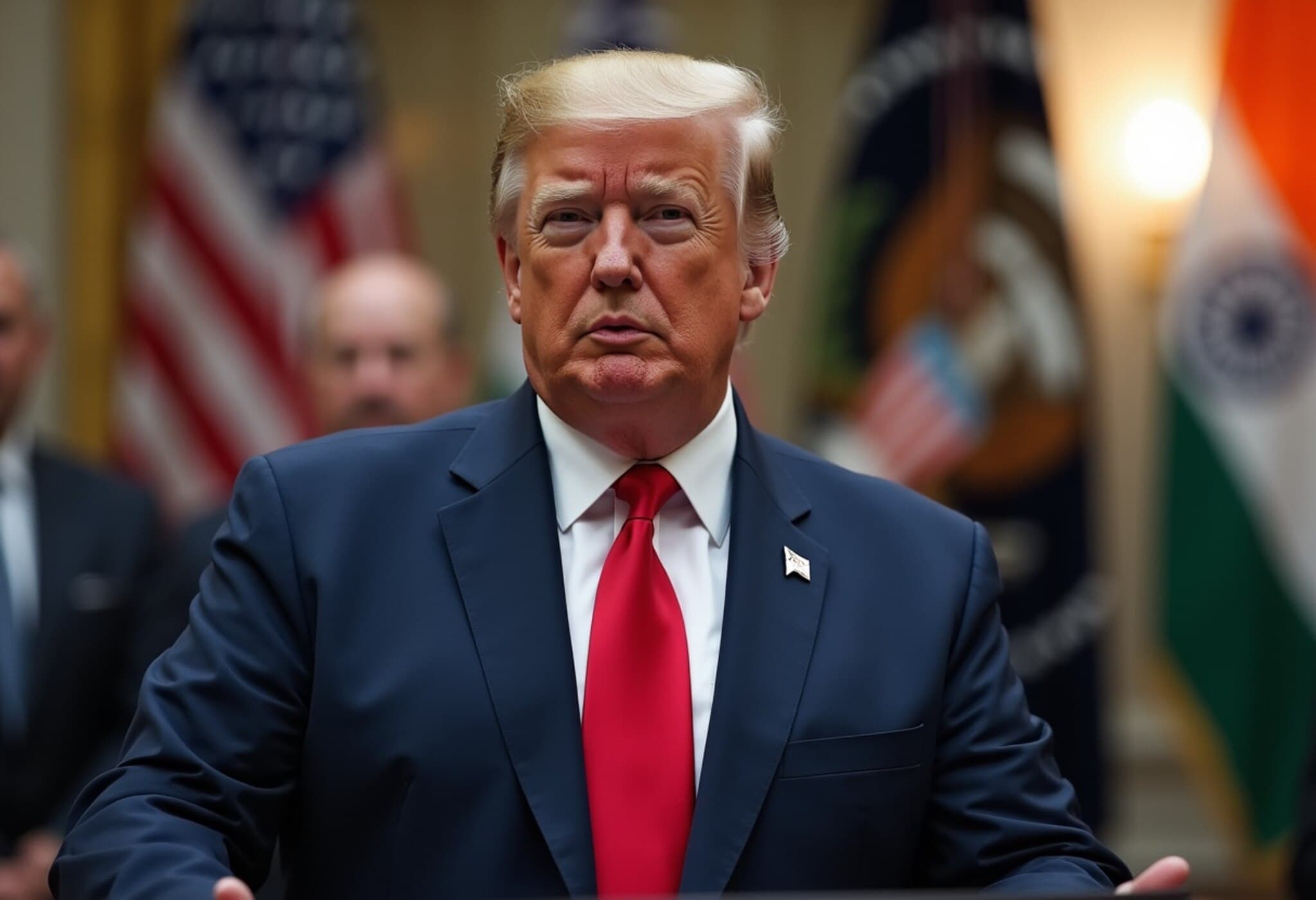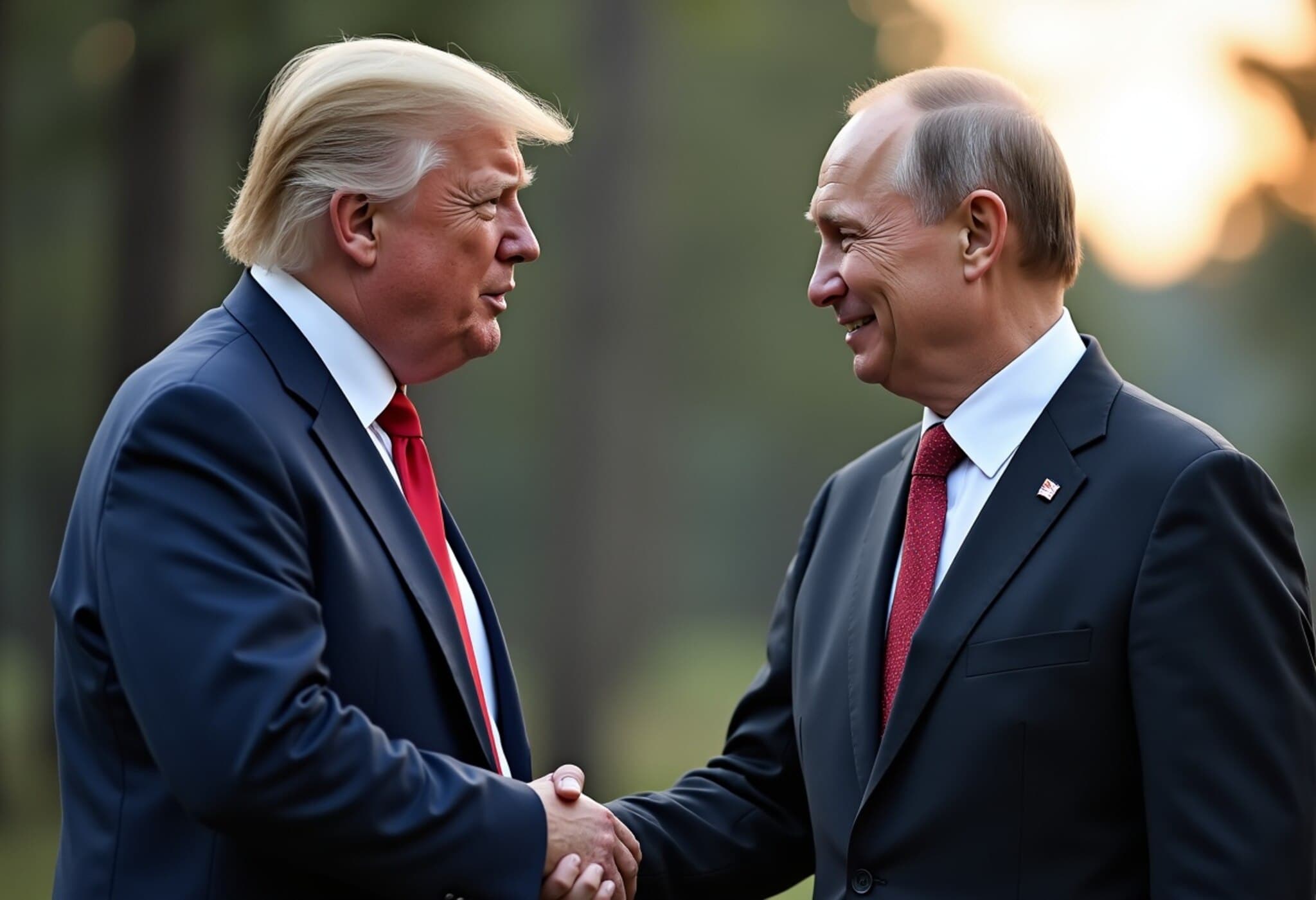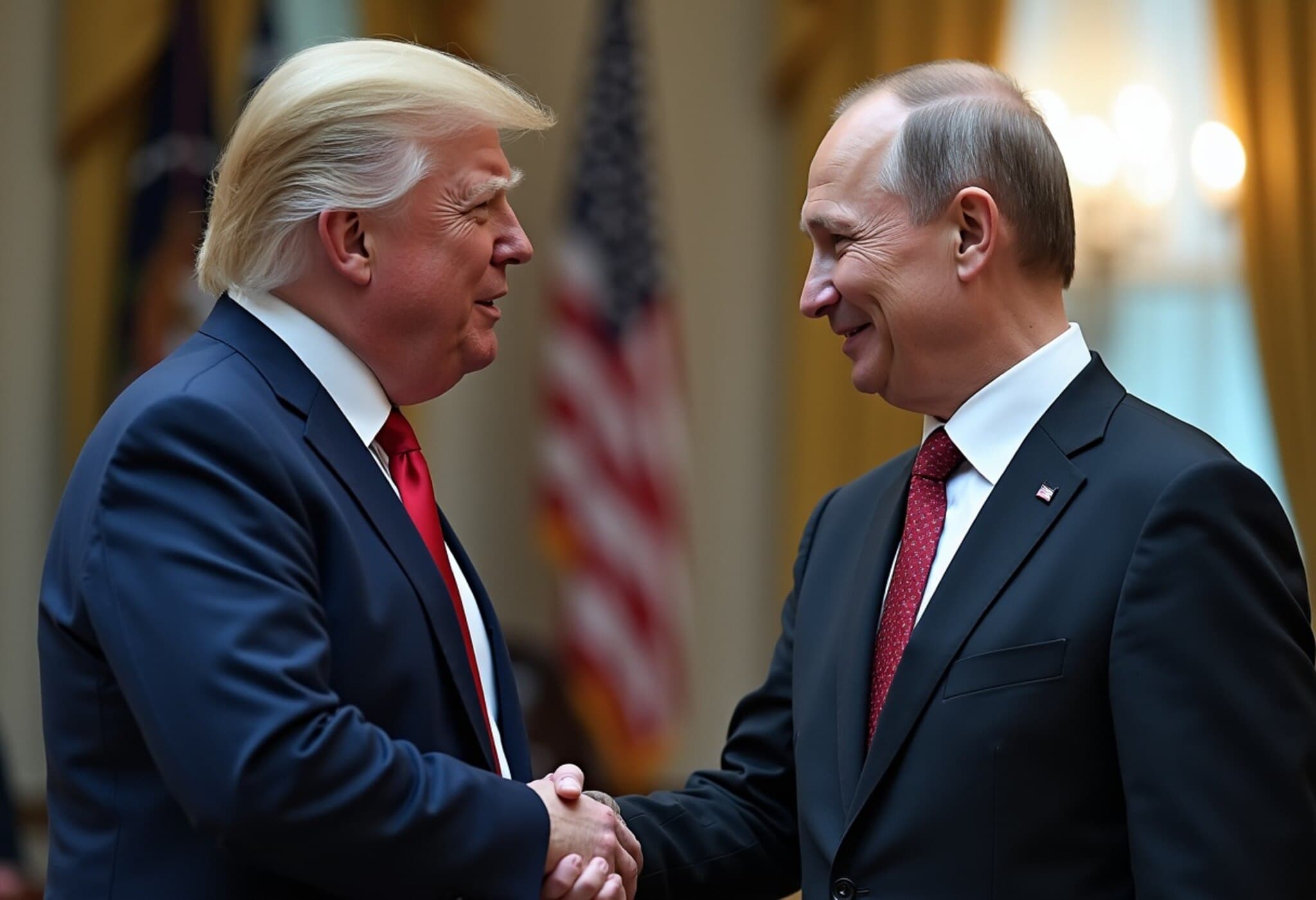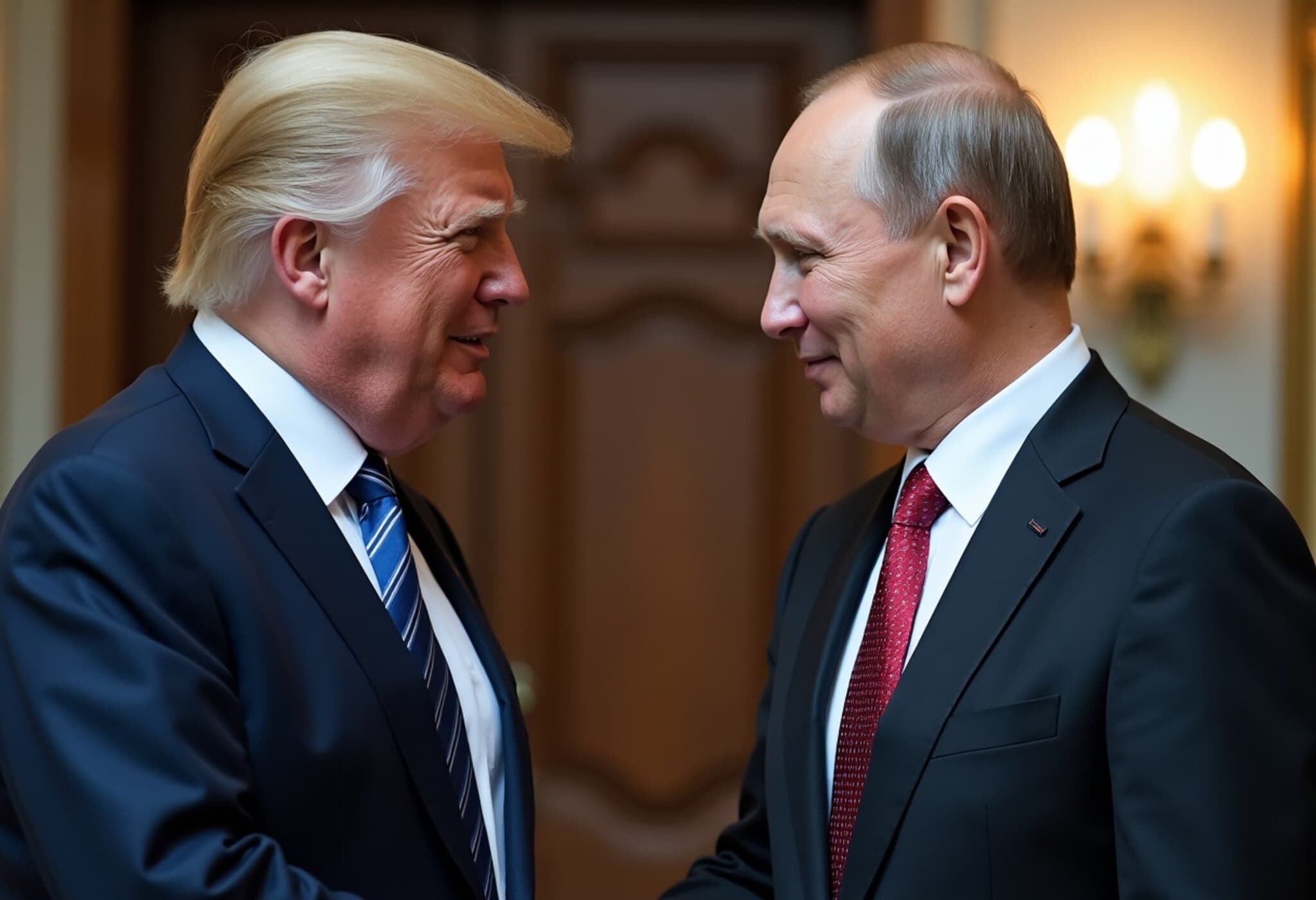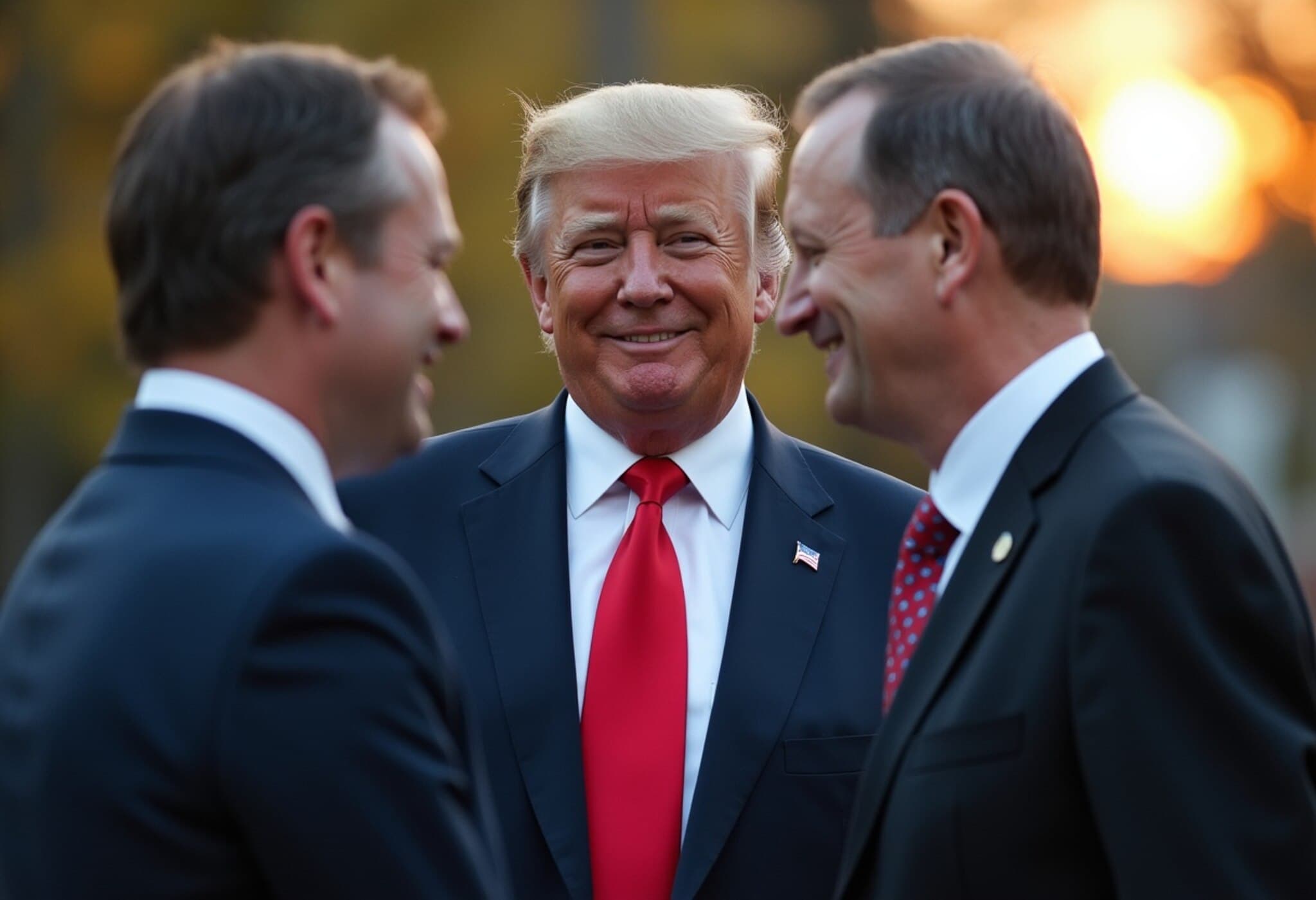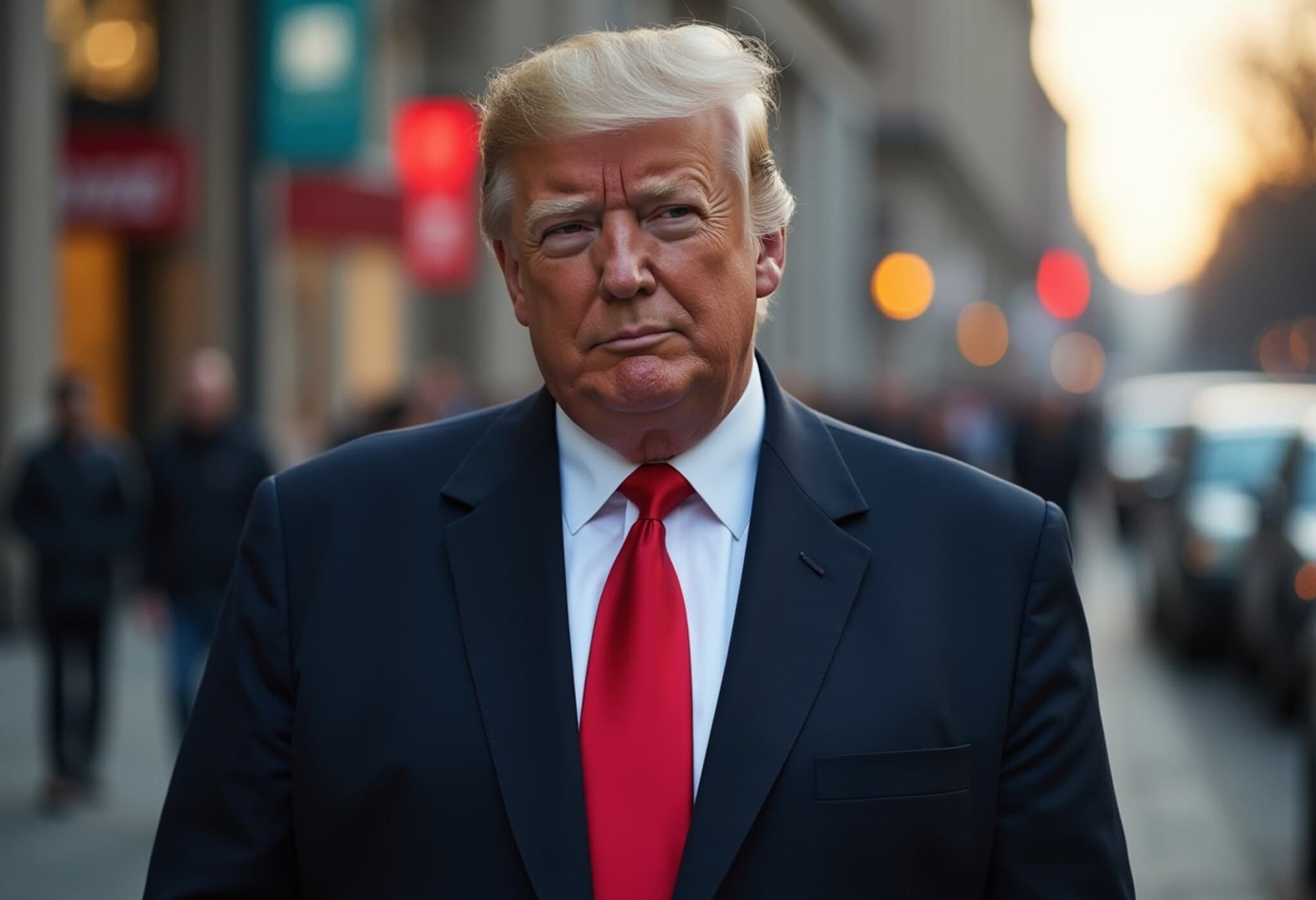Trump Issues Stark Warning to Russia Ahead of Putin Summit
In a significant development ahead of his scheduled meeting with Russian President Vladimir Putin, former US President Donald Trump delivered a stern message: Russia will face very severe consequences if it resists genuine progress toward peace in the ongoing Ukraine conflict. Speaking after a high-level conference call with European leaders and Ukrainian President Volodymyr Zelenskyy on August 13, 2025, Trump underscored the gravity of the upcoming discussions in Alaska.
Setting the Stage: A Second Summit Could Follow Based on Outcomes
During the briefing, Trump revealed that he proposed the idea of a second summit involving Zelenskyy after the initial meeting with Putin, contingent on substantial advancements in peace negotiations. "We had a very good call... very, very friendly," Trump commented on the collaborative tone between himself, Zelenskyy, and European partners ahead of Friday's crucial talks.
He emphasized his strategic approach: meeting with Putin first to gauge Russia's intentions before engaging allies and Ukraine directly. "It was always going to be I meet Putin first, then call the leaders and President Zelenskyy," Trump explained, highlighting his intent to sequence communications thoughtfully.
Potential Locations and Follow-Up Plans
According to insiders, US and European officials are exploring venues across Europe and the Middle East to host the summit should a follow-up meeting be warranted. Trump expressed optimism, saying there's "a very good chance" a productive second meeting could happen quickly, but only if the initial encounter yields encouraging results. "There may be no second meeting if the answers aren’t there," he cautioned.
Balancing Optimism and Realities on the Ground
Despite his hopes, Trump acknowledged the harsh realities — recent attacks on civilian targets in Ukraine have cast doubt on Russia's willingness to change course. "I’ve had conversations with Putin, but then I see rockets hitting nursing homes and apartment buildings," he lamented, illustrating the persistent challenge of translating dialogue into tangible peace.
European Unity and Zelenskyy’s Call for Continued Pressure
European leaders, including Finland’s Alexander Stubb, France, Germany, Italy, Poland, the UK, the EU, and NATO representatives, praised the transatlantic coordination. They described the upcoming days as potentially decisive for Ukraine’s future. Zelenskyy urged the international community to maintain robust pressure on Russia, denouncing Putin’s claims that sanctions do not impact Moscow’s economy as a bluff.
Importantly, Germany agreed to a new $500 million aid package for Ukraine during the talks, reinforcing support amid ongoing hostilities.
Expert Insight: Navigating Diplomacy Amid Conflict
Trump’s approach marks a complex blend of diplomacy and deterrence. His warning to Russia signals an understanding that meaningful peace negotiations require credible consequences for failure. For US and European policymakers, the challenge remains balancing engagement with Putin while keeping firm support for Ukraine’s sovereignty and humanitarian needs.
From an American policy perspective, this summit could serve as a critical test of the effectiveness of high-stakes diplomacy in a conflict that has global economic and security repercussions. Observers will watch closely whether the summit ushers in a genuine pathway to peace or merely a temporary pause amid ongoing tensions.
Looking Ahead: What This Means for Global Stability
The possibility of a tripartite meeting involving Putin, Zelenskyy, and Trump is unprecedented and fraught with risks — but also offers a rare platform for direct dialogue. Success here could potentially pave the way for a de-escalation in Eastern Europe, easing the geopolitical strain confronting NATO, the EU, and the broader international order.
However, as Trump himself acknowledged, the window for such progress is narrow and contingent on Russia’s commitment to peace. The world watches with bated breath as this diplomatic chapter unfolds.
Editor's Note:
The looming Trump-Putin summit comes at a critical juncture where diplomatic efforts could either bridge deep divisions or reaffirm existing stalemates. For US domestic and foreign policy analysts, this moment raises key questions: Can high-profile summits produce substantive breakthroughs in deeply entrenched conflicts? What leverage can the international community realistically exert on Russia? And how might evolving US-Russia relations reshape the global balance of power moving forward? Readers are encouraged to reflect on these dimensions as the story continues to evolve.

